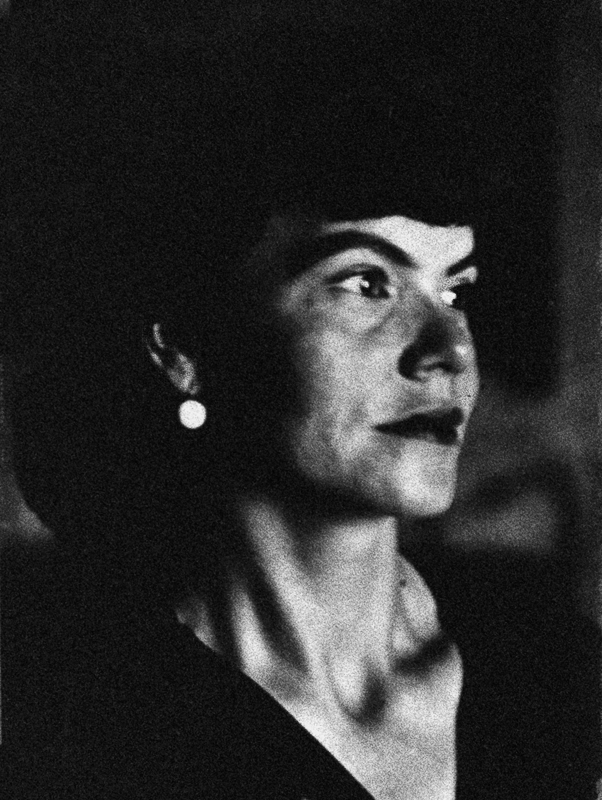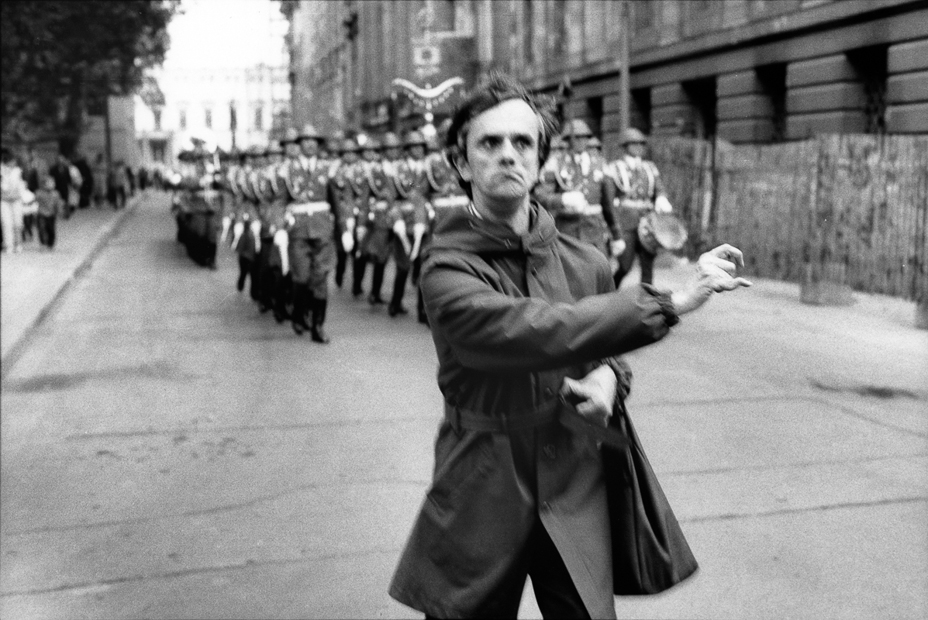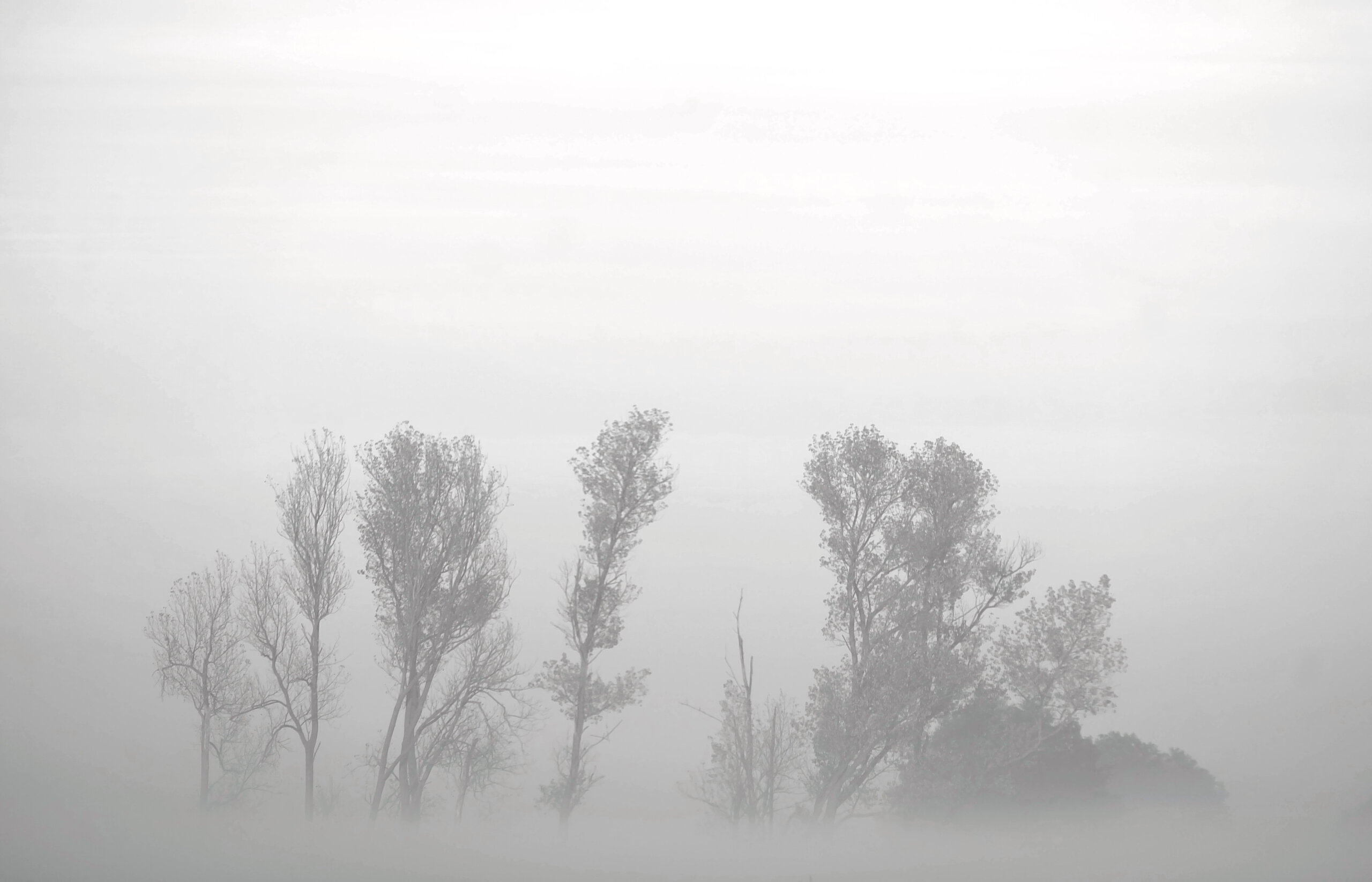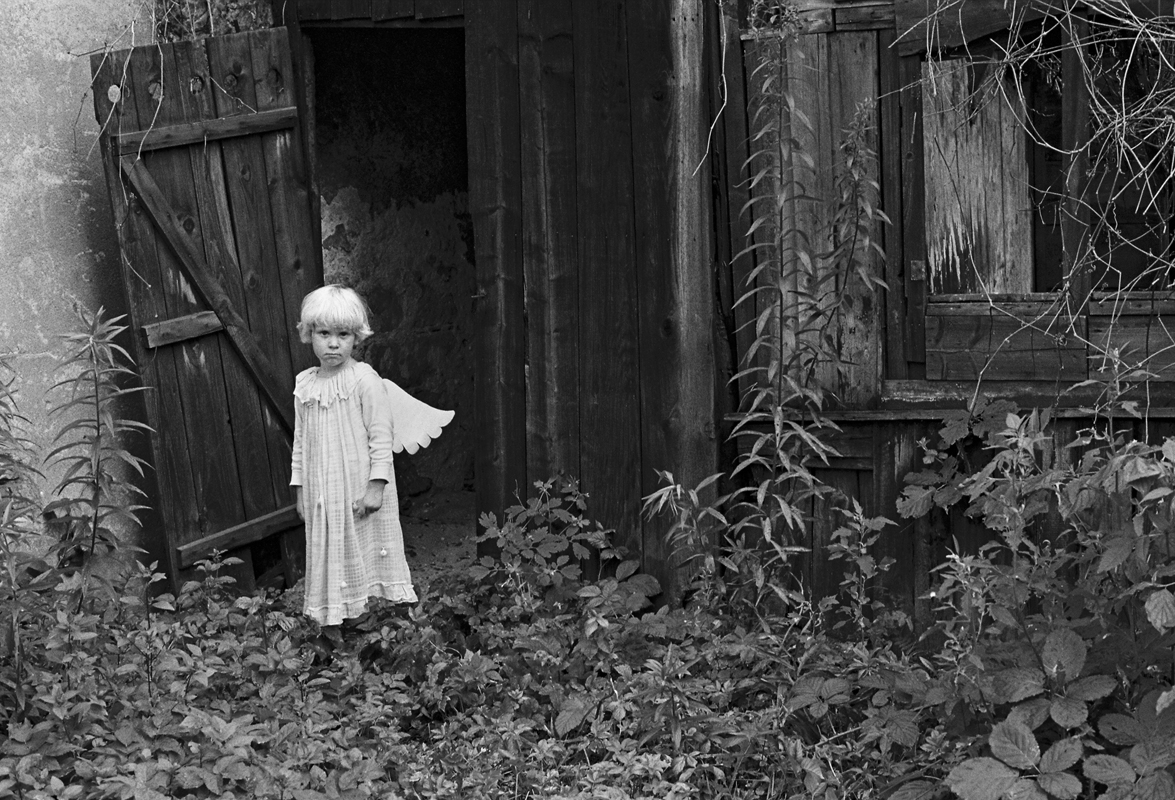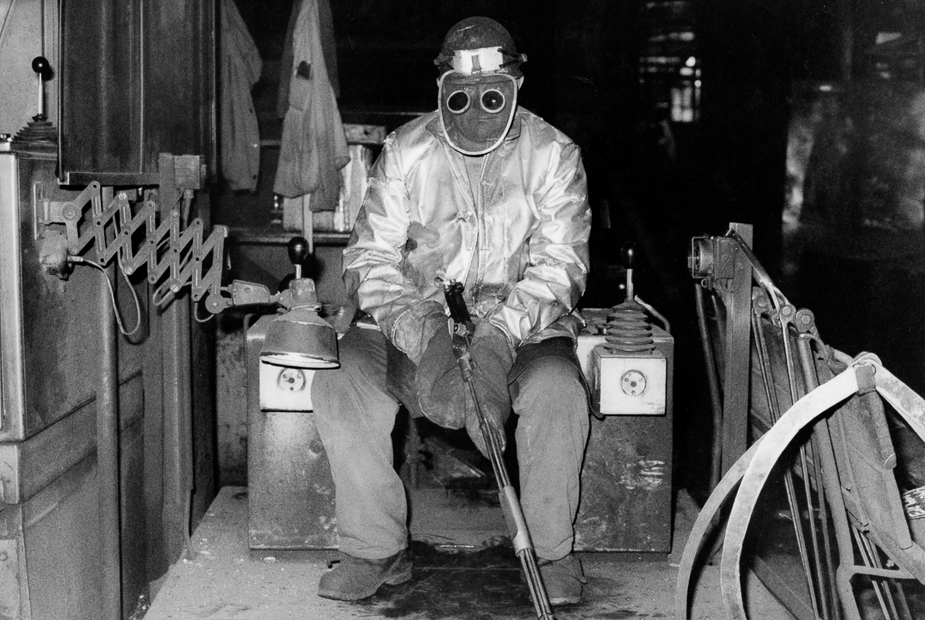Aktporträts 1977-1989
Das Buch „Berlin in einer Hundenacht“ enthält 6 Serien:
1. Berlin in einer Hundenacht, 2. Arbeit, 3. Straßenbild, 4. Tamerlan, 5. Aktporträts, 6. Der Wind füllt sich mit Wasser.
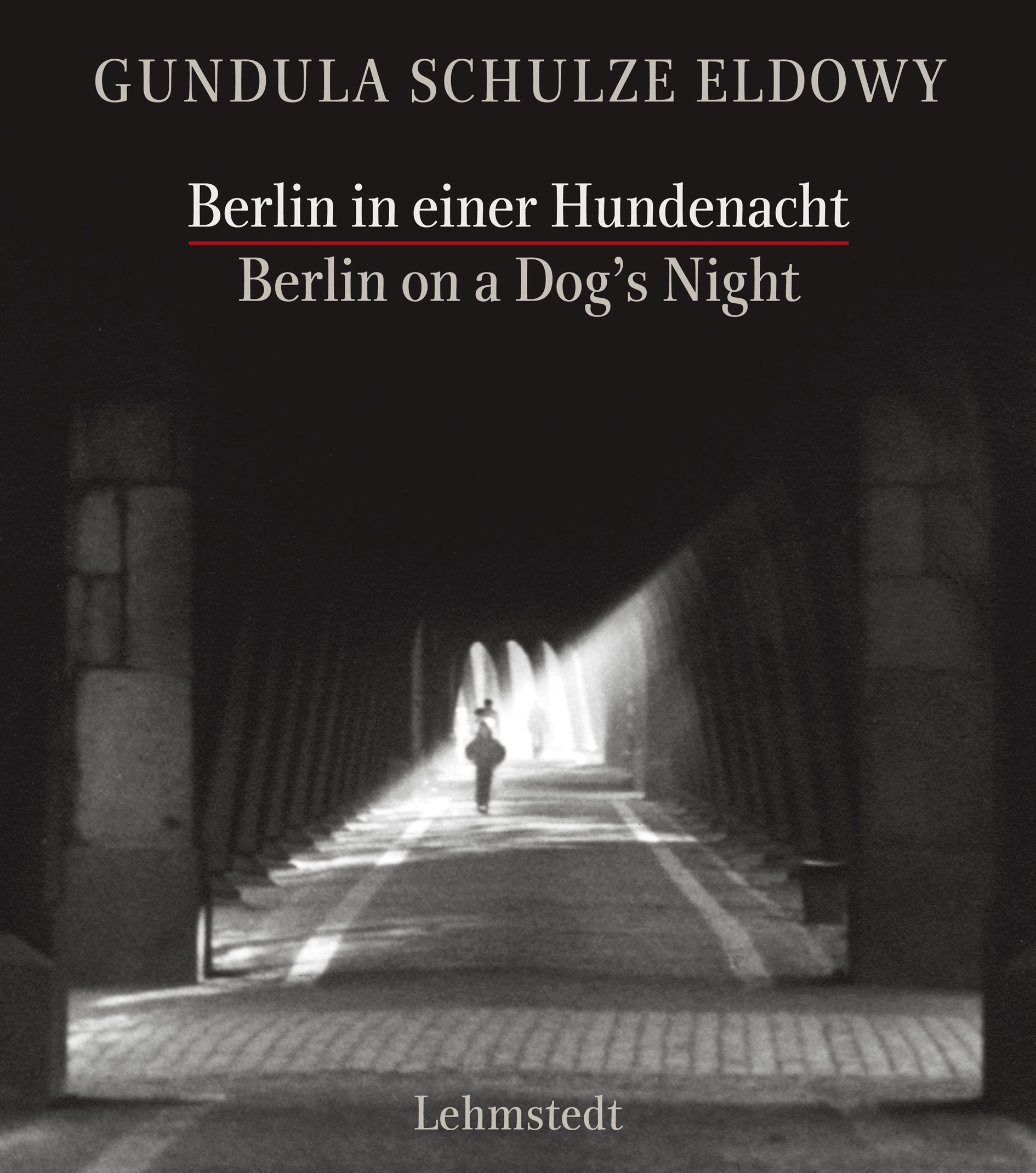
Berlin in einer Hundenacht
Lehmstedt Verlag , Leipzig, 1977 -1989
Mehr Information
Ausschnitte der Serien „Berlin in einer Hundenacht“ und „Aktporträts“ wurden 2019 in der Ausstellung “Les corps inpatients“ Rencontres Internatiionales de la Photographie, Arles gezeigt. Das Wunder geschah. Das Photo, vor dem ich stehe (Liebespaar) wurde in 100 Zeitungen und Zeitschriften der Welt gedruckt – darunter die New York Times
Die Serien „Berlin in einer Hundenacht“, „Aktporträts“, „Tamerlan“ und „Arbeit“ wurde schon im Jahr 2000 zum ersten Mal im Postfuhramt Berlin, in Zusammenarbeit mit der Galerie Rosemarie Schwarzwälder, gezeigt. Hier sind zwei Ansichten und Presse

Aktfotografie - z.B. Gundula Schulze
Frauenland!? - Starke Filme von DEFA-Regisseurinnen Dokumentarfilm DDR, 1983

„Schlaflos Das Bett in Geschichte und Gegenwartskunst“,
Belvedere Wien, 30. Januar 2015 - 7. Juni 2015
Aficionada al Arte
Arles 2 : Dictaduras y liberaciones
01 de agosto de 2019 por LUNETTES ROUGES
5 Fotografinnen zeigen die rebellische Jugend der DDR
Von Sarah Moroz, 17 Oktober 2019,
Zwischen Trümmern und Propaganda dokumentieren die Bilder, wie das Leben junger Menschen wirklich war.
Frauenland!? – Starke Filme von DEFA-RegisseurinnenAktfotografie – z.B. Gundula Schulze
Dokumentarfilm DDR 1983
Fr. 04.03.202201:05Uhr10:43 min
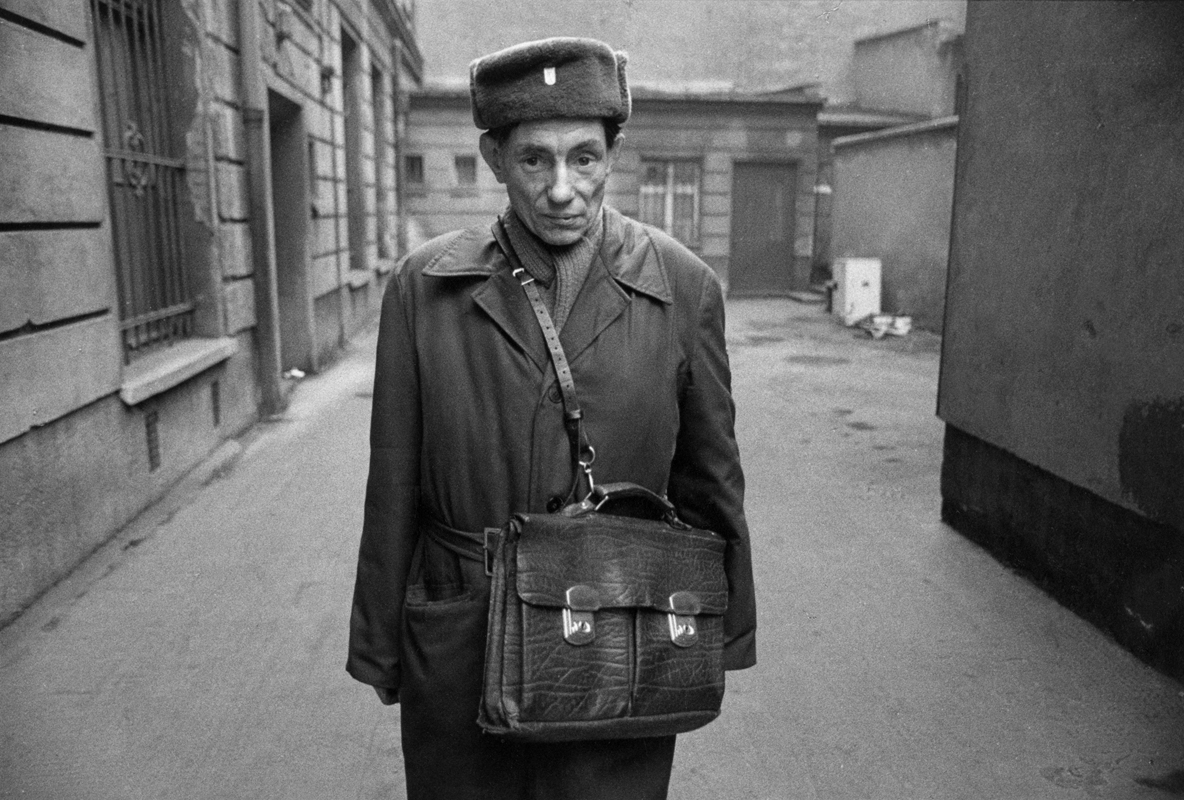
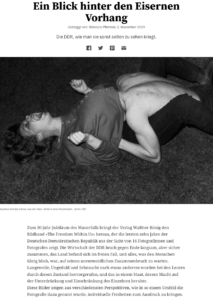
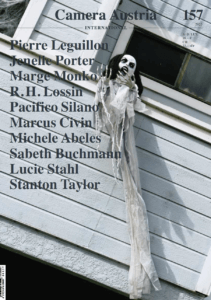
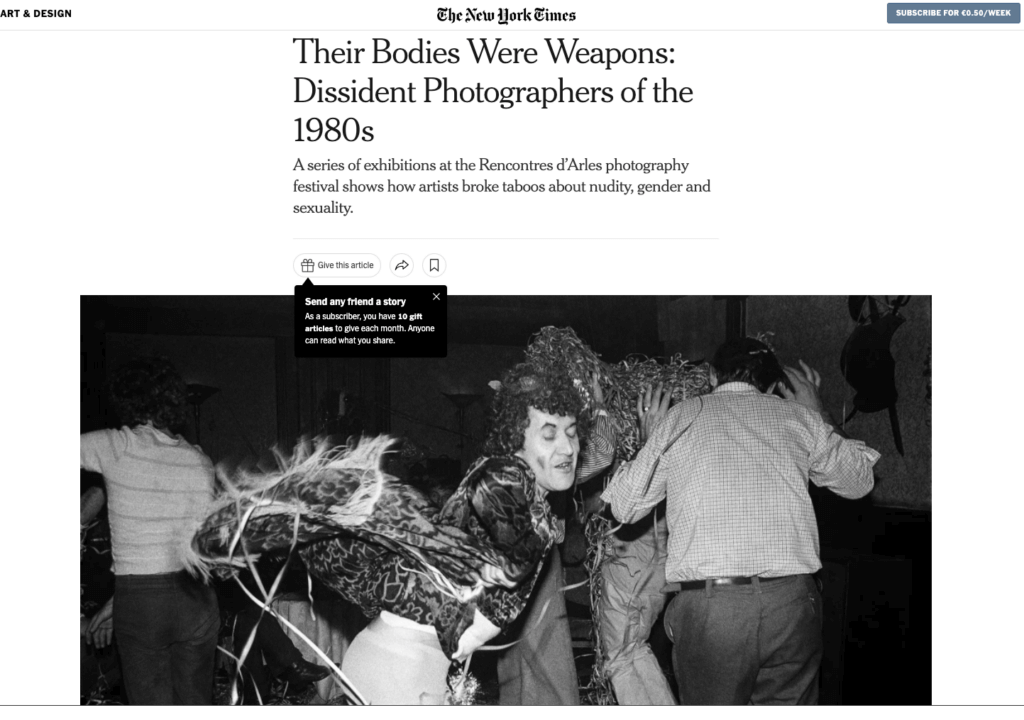
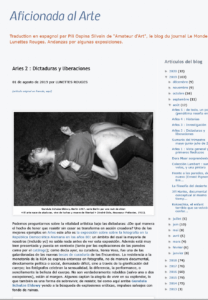



 i-d.vice.com
i-d.vice.com 
